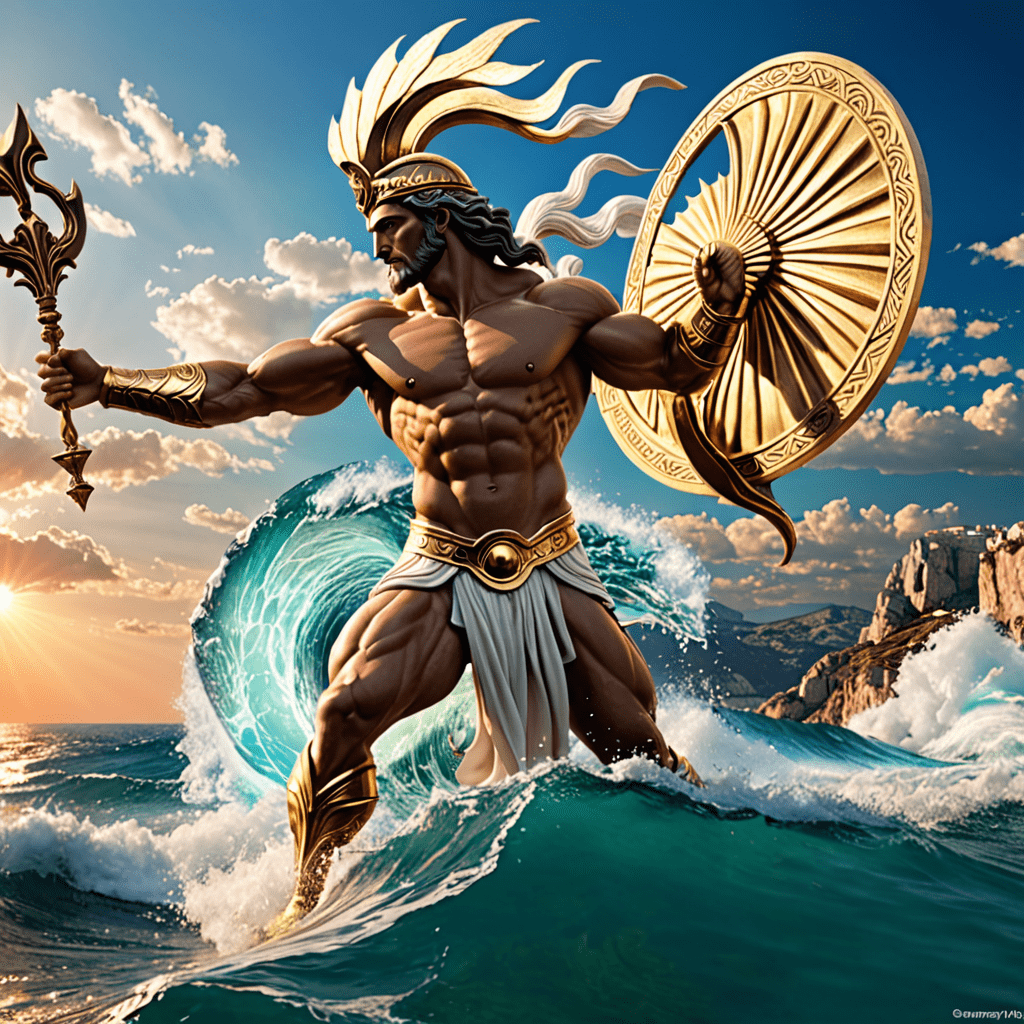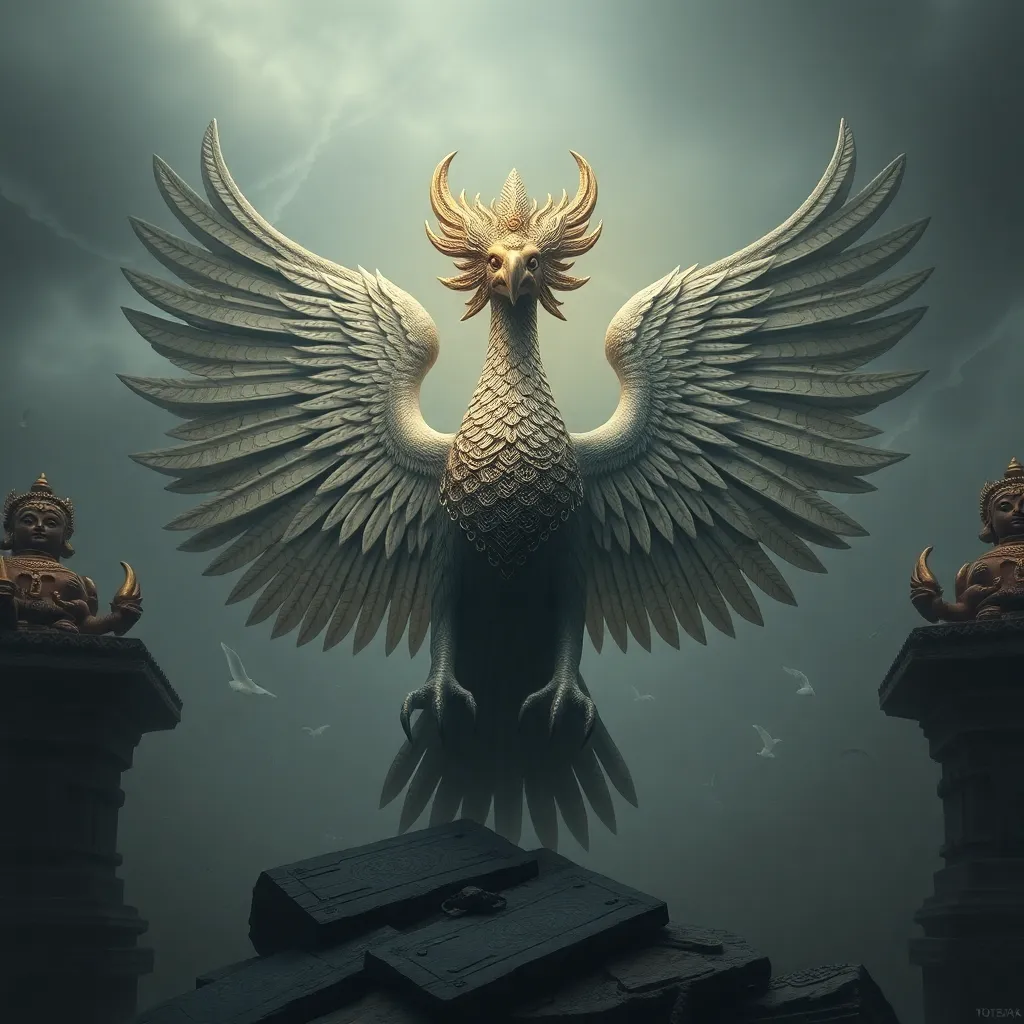The Symbolism of the Sea in Greek Mythology
Exploring the Mystical Depths of Greek Mythology
The sea holds profound significance in Greek mythology, representing both a source of life and a realm of mystery. From the majestic gods and creatures that inhabit its waters to the turbulent storms that rage across its surface, the sea is a powerful symbol that weaves through the rich tapestry of Greek myths.
The Sea as a Symbol of Creation
In Greek mythology, the sea is often regarded as the source of all life. The primordial deities, such as Oceanus and Tethys, personify the vast, unending expanse of the sea and its role in the creation of the world. The sea symbolizes the nurturing and life-giving aspects of nature, embodying the cyclical forces of birth, growth, and rebirth.
The Sea as a Realm of Transformation
The sea in Greek mythology is also a realm of transformation and judgment. The perilous waters serve as a test of character for mortals and heroes alike, reflecting their inner strength and resilience. Stories of sea voyages, such as the adventures of Odysseus and Jason, illustrate how the sea challenges and shapes individuals, forging them into heroes through trials of courage and determination.
The Sea as a Gateway to the Divine
Beyond its physical realm, the sea in Greek mythology represents a gateway to the divine realm. Poseidon, the mighty god of the sea, commands the waters and governs the elements, embodying the raw power and unpredictable nature of the sea. Temples and rituals dedicated to Poseidon were prevalent in ancient Greece, highlighting the reverence and awe inspired by the force of the sea and its divine associations.
FAQs About The Symbolism of the Sea in Greek Mythology
What does the sea symbolize in Greek mythology?
In Greek mythology, the sea is often seen as a symbol of chaos, power, and unpredictability. It represents both the source of life and a force of destruction, reflecting the dual nature of the ancient Greeks’ relationship with the sea.
Which Greek gods and goddesses are associated with the sea?
Poseidon, the god of the sea, earthquakes, and horses, is the most prominent deity associated with the sea in Greek mythology. Other sea-related deities include Amphitrite, the queen of the sea, and Triton, the messenger of the sea.
How is the sea portrayed in Greek myths?
The sea in Greek myths is often depicted as a realm of mystery and danger. It serves as a backdrop for epic quests, maritime adventures, and encounters with sea monsters like the Kraken and Scylla.
What significance does the sea hold in Greek cultural beliefs?
For the ancient Greeks, the sea was not only a physical expanse but also a spiritual and symbolic entity. It represented the vast unknown, the power of nature, and the boundary between the mortal world and the divine realm.


